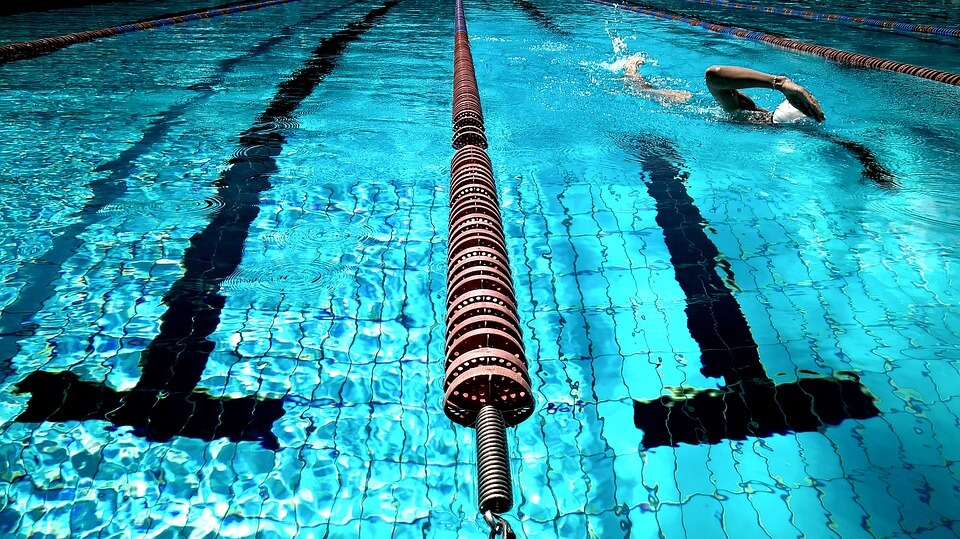4 Tips To Help You Through Winter Training

By Tori Caudill, Swimming World College Intern
A break from school and classes can sometimes mean something entirely different to athletes. Swimmers sometimes call winter training things like “Hell Week” or “Pride Week” to explain to others how difficult this week (or three for college athletes) of training is. Teams are gearing up for the championship season, making this time of the year the final push before getting ready for taper time and race season.
It is important to be prepared for winter training, mentally and physically, in order to use this time to your full advantage…
1. Use down time wisely.
Between two practices a day, mandatory lifting, team dinners, and scheduled meal times, there is not often a lot of time in the day to relax. With that being said, make sure you are listening to your body. With the intense workouts you go through during winter training, you will need a lot of extra sleep. Watching that last episode of your favorite show can wait until tomorrow. A good night’s rest will not only keep your body healthy but will also allow you to preform in the next morning’s practices. It is important to enjoy your downtime but keep in mind that your body is already being put through the wringer in the pool, so relax when you can.
2. Maintain a healthy diet.
Being back on campus means no longer having access to home-cooked meals and returning to the cafeteria for schedules meals. While cafeteria food could never compare to homemade goodness, take advantage of some of the healthier options. With pasta, salads, fruits and lean protein you can still get decently prepared foods without having to spend extra money. However, getting some oatmeal, fruits and veggies, and other healthy snacks for a quick pre-practice refuel is not a bad idea. It is also important to make sure that you are drinking enough water to keep hydrated during and after practice. After all of the holiday goodies, it is time to get back in shape for training, which includes a healthy diet.
3. Take advantage of athletic training.
When there are athletes on campus there are athletic trainers on campus. This means there is no excuse to be complaining of soreness if treatment is not used. With the options of stem or ultrasound technology to help loosen up the muscles and relieve tension, stretching pre- or post- training, and ice available to athletes whenever needed, there is no reason to be walking around in pain. So grab an ice bag after practice on the way to dinner after a hard practice. In the long run, seeking athletic training for treatment can also double as injury prevention, helping to keep you on track for championship season.
4. Stay positive.
Staying positive is something many athletes struggle with, especially during these periods of intense training. It can feel as though winter training will never end, and that you will be killing yourself in the water everyday for the rest of your life. Or you may have had a terrible practice and just feel down. Always remember, tomorrow is another day and winter training can only last so long. Soon it will be time for taper and all of the hard work that you are putting in during winter training will pay off when championship season comes around.
A lot of times swimmers have a love/hate relationship with winter break training. We are not fond of the intense workouts and crazy schedules, however at the end of the season, when we make our cuts and swim our last championship races, we know that winter training is a part of what got us there, and we can look back on it with a smile.




Dear swimming world. Why are almost all of your tips aimed a college athletes ignoring masters and those who don’t/didn’t got to college who need to balance training with full time work, child care and effects of older age on hard sessions. Please think about the vast majority of your readers and stay relevant. Regards..
Thank you Paul totally agree!!
Thanks for your feedback, Paul! As a Masters swimmer myself, I definitely want us to stay relevant for all readers. The lopsidedness you see is due to a large class of college interns who tend to write about issues relevant to the collegiate swim world. SW will circulate your thoughts. Thanks for reading!
…Probably demographics Paul Fisher..